Being Fluent with Information Technology
Computers, communications, digital information, softwareâ€"the constituents of the information ageâ€"are everywhere. Being computer literate, that is technically competent in two or three of today’s software applications, is not enough anymore. Individuals who want to realize the potential value of information technology (IT) in their everyday lives need to be computer fluentâ€"able to use IT effectively today and to adapt to changes tomorrow. Being Fluent with Information Technology sets the standard for what everyone should know about IT in order to use it effectively now and in the future. It explores three kinds of knowledgeâ€"intellectual capabilities, foundational concepts, and skillsâ€"that are essential for fluency with IT. The book presents detailed descriptions and examples of current skills and timeless concepts and capabilities, which will be useful to individuals who use IT and to the instructors who teach them.
- ISBN 13 : 9780309173131
- ISBN 10 : 0309173132
- Judul : Being Fluent with Information Technology
- Pengarang : National Research Council, Computer Science and Telecommunications Board, Committee on Information Technology Literacy, Computer Science and Telecommunications Board, Committee on Information Technology Literacy, Computer Science and Telecommunications Board, Committee on Information Technology Literacy, Computer Science and Telecommunications Board, Committee on Information Technology Literacy,
- Kategori : Computers
- Penerbit : National Academies Press
- Bahasa : en
- Tahun : 1999
- Halaman : 128
- Google Book : https://play.google.com/store/books/details?id=cs3g4Ax_-zIC&source=gbs_api
-
Ketersediaan :
It explores three kinds of knowledgeâ€"intellectual capabilities, foundational concepts, and skillsâ€"that are essential for fluency with IT. The book presents detailed descriptions and examples of current skills and timeless concepts ...

